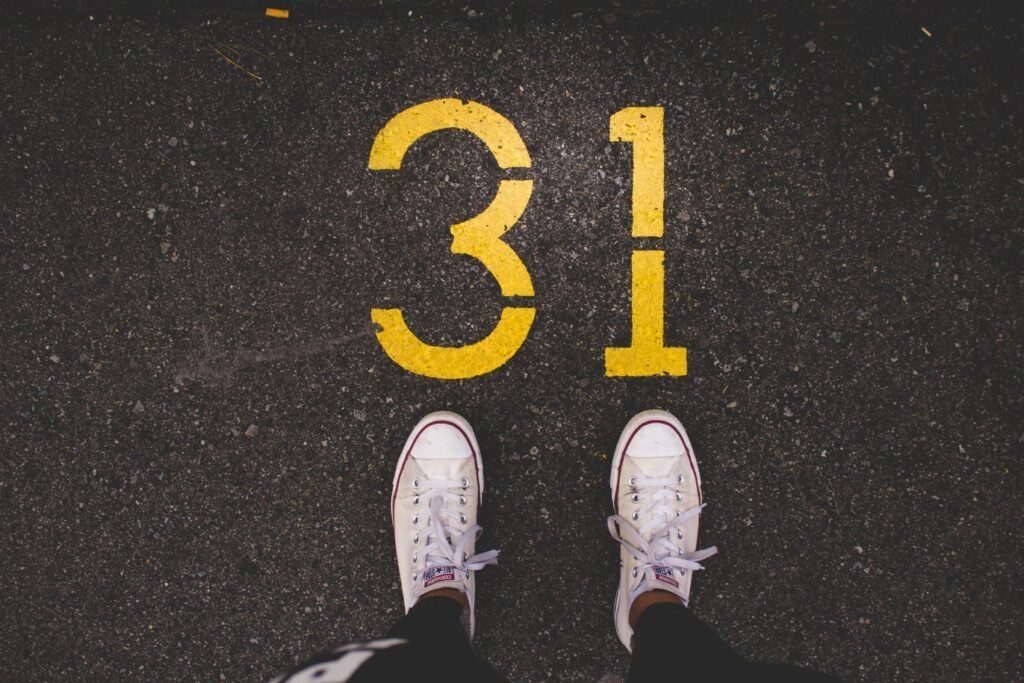Some taxpayers must pay a tax more than once a year, and if this is you then you are facing a second tax bill before July 31.
Those exempt from making a payment on account in July include those who had a self-assessment tax bill of less than £1,000 for the previous tax year, or if you have paid more than 80% of your tax bill through your tax code or your bank has deducted interest from your savings.
It is easy to forget the July 31 deadline
While most of us think of the January 31 payment deadline as the main one, it is easy to forget that there is another payment due on July 31 – and now is the time to consider how much you need to have set aside to cover it.
How the payment on account works
Example:
Your bill for the 2020 to 2021 tax year is £3,000. You made two payments on account last year of £900 each (£1,800 in total).
The total tax to pay by midnight on January 31, 2022 is £2,700. This includes:
- your ‘balancing payment’ of £1,200 for the 2020 to 2021 tax year (£3,000 minus £1,800)
- the first payment on account of £1,500 (half your 2020 to 2021 tax bill) towards your 2021 to 2022 tax bill
You then make a second payment on account of £1,500 on July 31, 2022.
If your tax bill for the 2021 to 2022 tax year is more than £3,000 (the total of your two payments on account), you’ll need to make a ‘balancing payment’ by January 31, 2023.
Source: Gov.UK









